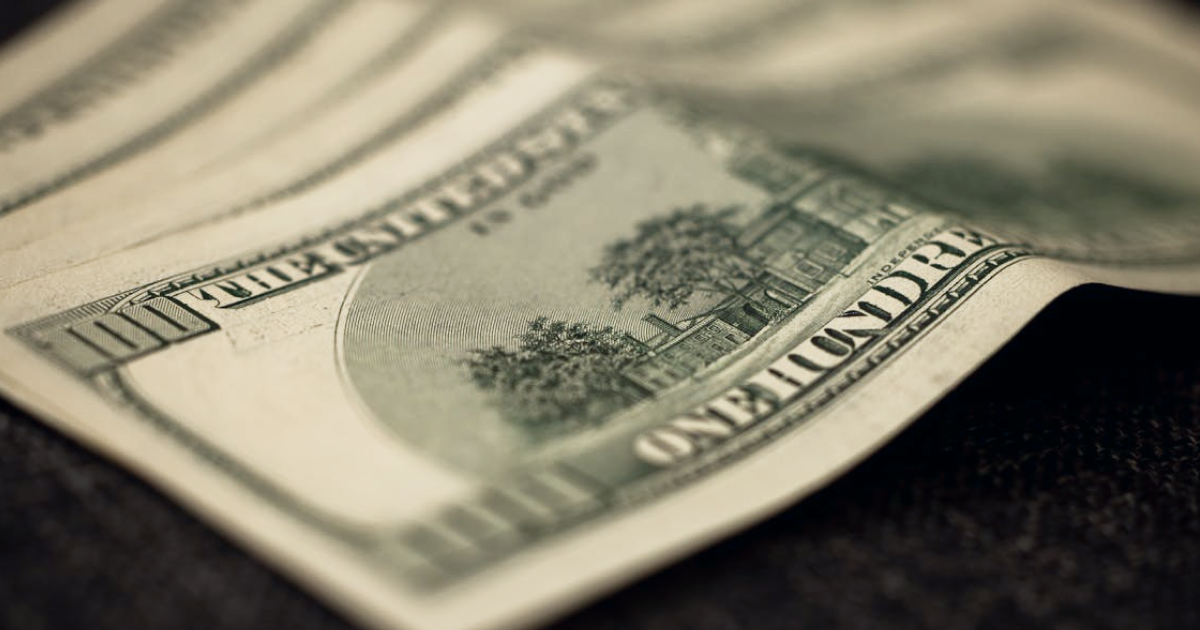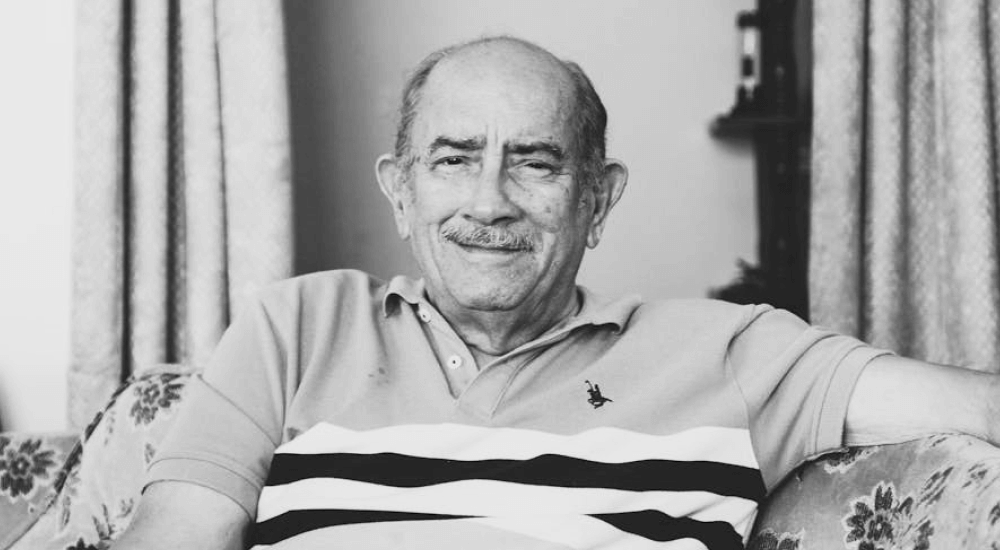5 money mistakes to avoid in your 20s and 30s
Wealthist
Financial insights for everyone
We get it. Money is hard when you're just starting out, and schools don't teach finance. That's why we built Wealthist. But these mistakes are completely avoidable. If you've already made a few of them, you're not alone, and we can help.

1. Pretending debt doesn't exist
First off, we know it's tempting to just pretend student loans and credit card bills don't exist, but they're not going anywhere. Actually, they're getting bigger every single day because of interest. This shouldn't scare you because the sooner you face the numbers, the faster you can get rid of them.
Just sit down and plug everything into your Wealthist budget. We're working every day to make the budgeting process easier. Once you know how much you make and how much you spend, you'll be able to plan a way out of debt.
2. Thinking a job offer equals financial security
Congrats on getting your first job! That's huge. But you're not ready to buy your dream car yet. Even professional athletes that sign multi-million dollar contracts can lose it all if they don't plan for the whole picture.
A job paying $75,000 in San Francisco is going to feel real different than $50,000 in Cleveland when you factor in rent, groceries, and everything else. And don't forget about the benefits package. Health insurance, 401k matching, tuition assistance... it's all real money, even if it doesn't show up in your paycheck.
3. Avoiding the budget
Yes, you need a budget. We understand because we hear it all the time. Budget sometimes sounds like financial jail. But it's actually more like giving yourself permission to spend money on things that matter to you. Start small... Figure out your needs. The must-haves like rent, food, electric, water, internet, try to throw in payments on any debt like student loans. Then see what's left over. Even if you can only save $20 a week, that's $20 that can work for you. The goal isn't to start investing tomorrow, you just need to know where your money is going.
4. Using credit cards as income
Here's something really important: your credit card isn't free money. We've seen so many people get trapped thinking of their credit limit as extra income when things get tight. But carrying a balance means paying around 20% interest, and that adds up way faster than you think.
If you can't pay off the full balance of your credit card statement when it comes, then you need to stop using that card until you can. Using your card to build credit by paying it off completely every month is great. But if you're maxing it out just to have some breathing room, you have a problem. And the $100 charge for drinks with friends might end up costing you $400 or $500 after you finally pay things off.
5. Skipping financial education
We're begging you to learn this stuff. We have tools to help, articles that show you how to start and how to grow once you're on the right track. We teach you how money can work for you instead of against you.
That's exactly why we built Wealthist: to make the financial basics practical and approachable for people just starting out, so you can learn what works and apply it immediately.
Keep learning
Explore more basics articles. The more you know, the easier it is to build wealth.


